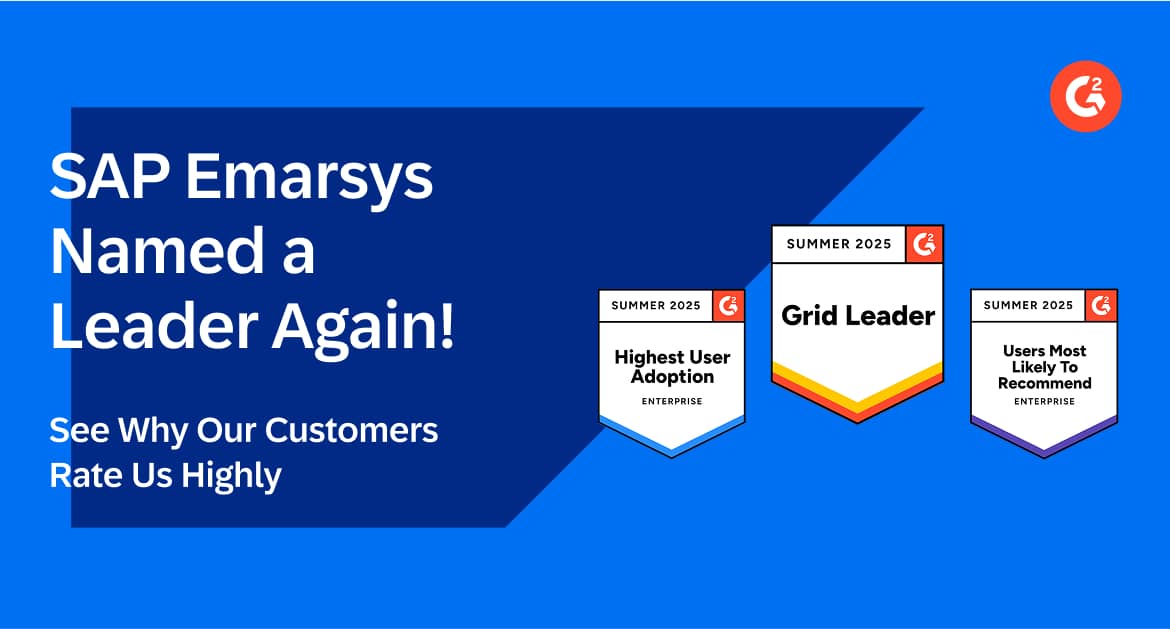So, you have a stunning e-commerce website. It’s visually appealing, easy and efficient to navigate, and is stocked with well-priced goods that are in demand.
Now you just have to attract shoppers to your store. For most businesses, a mix of search engine optimization (SEO) and pay-per-click (PPC) will offer some of the best return on investment.
But why, exactly, are SEO and PPC important for e-commerce? Let’s take a look:
What is Search Engine Optimization
SEO is the process of organically improving the rankings of your website in search engines such as Google, Bing, and Yahoo. Search engines look at a very wide range of constantly evolving factors when deciding which websites to rank, such as:
- Your content being original, high quality, and relevant to a topic.
- Your site having healthy backlinks and buzz on other relevant sites, suggesting that it’s important.
- Your site being well built and following technical standards to enhance the user experience, as well as the abilities of search engines to review your site.
Why is SEO Important For Your Brand
Why SEO? With the digital revolution in full swing, consumers turn to search engines like Google to help them through the shopping process. Being on the first page of results for your goods and services allows shoppers to connect with you when they’re actively looking to shop. As opposed to more traditional marketing, like TV, Radio, Billboards, and Print Media, you’re connecting with them when they’re sitting down to shop; these are considered hot leads.
Why doesn’t everyone focus on SEO? Because search engine optimization campaigns are not about instant gratification. It’s rare that you can move your rankings in the search engines from obscurity to the top of the results very quickly. SEO is a time-consuming and resource-intensive process, and so not all businesses are prepared to invest into it, even though for many it can produce the very best return on investment in the long run.
What Is Pay-Per-Click Marketing?
Programs like Google AdWords, Bing Ads, AdRoll, SteelHouse, Facebook Ads, and others, offer ways for merchants to promote their websites quickly and obtain a wealth of data that can be used to make campaigns more cost effective at generating sales.
These platforms offer a wide range of conversion opportunities, such as:
- Shopping Ads – Showing your products in search results on sites like Google and Bing.
- Text Ads – Running text-based ads in search engine results, email browsers, and other placements.
- Display Ads – Serving banner advertisements on other relevant sites, like Blogs and News sites.
- Re-Marketing Ads – Displaying ads on other websites, especially banner ads, for people that have been to your website or taken a similar positive action.
- Video Ads – On sites like YouTube, you can show your own video commercials, have ads next to videos, and take similar actions to connect shoppers to your website.
- Social Media Ads – Using the very advanced demographic and interest targeting of platforms like Facebook and Instagram, you can get your ads in front of the right audience.
Why PPC Is Important For Your Brand
Why PPC? You can launch a campaign relatively quickly, measure the success of various keywords and targets, and build winning campaigns faster than you can with SEO. You’re also getting in front of a different audience. Keep in mind that some shoppers are more likely to interact with Ads, and others are more likely to look at organic search results. One traffic source doesn’t necessarily replace the other.
Why doesn’t everyone focus on PPC? Simply stated, you’re always paying for clicks. The day that you stop paying to run ads, you stop getting new traffic. While PPC may help you to earn long-term customers and referrals by growing your customer list in general, in the long run, it’s often cheaper to get traffic through SEO rather than PPC.
Additionally, since PPC is typically priced in an auction style system, many very competitive industries can lead to expensive ads thanks to bidding wars between rival businesses. Depending on your average profits from an order, or a customer over the lifetime of their relationship with your business, PPC may or may not make sense.
SEO and PPC: The Perfect Combo
SEO and PPC work well together. Organic rankings in search engines, and running ads in unique places like Instagram, have a unique value and don’t negate each other. At the end of the day, it’s all about driving targeted shoppers to your store. Businesses of scale that have marketing budgets for both will typically focus on both among other campaigns.
Final Thoughts
Still not sure what the best bet for your business is? Consider having a digital agency, like Rand Marketing weigh in. We offer complimentary consultations to learn about your business, in order to recommend the right marketing campaign that will make the most sense for you.
Related Articles:












